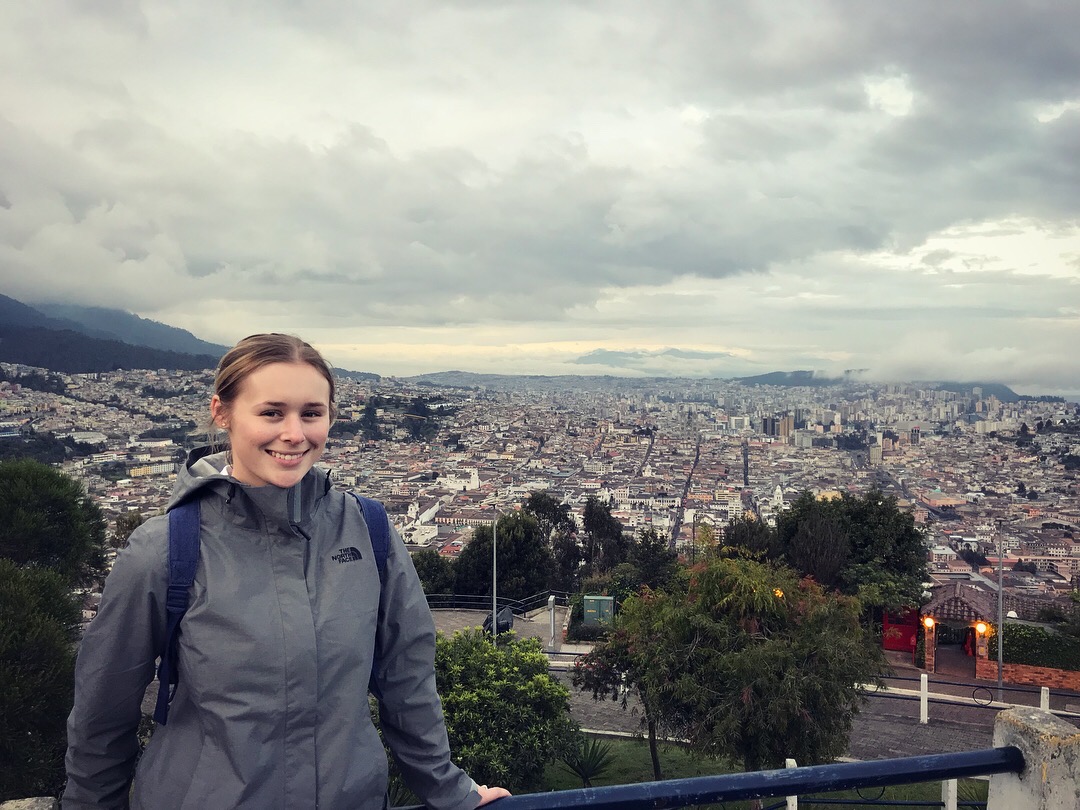

We examine how names are used discursively to portray the roles of characters and their contributions to the fictional community in the novel, and explore the role of patriarchy in a society's ambivalent commitment to preserving a community ideal known as the 'cult of virginity'. In this paper, we analyse García Márquez's text from the perspective of community. In García Márquez's novel, Chronicle of a Death Foretold, the author deftly applies names to transmit the novel's themes. The oral novel offered to Mutis was a kind of enactment of the principle on which García Márquez's books were based: that what is passed down and told to you, however unbelievable, is – It would have been a good anecdote no matter who the writers were, but it is particularly apt in the case of García Márquez, who could hold innumerable tales in his head, and spin them simultaneously. Mutis was left with the feeling of having been brilliantly duped, and he mourned the unwritten novel of the bar, that ephemeral fiction no one else would ever hear. When the novel was published, however, it bore no relation to the story García Márquez had told over tequila, not the characters or the plot or any aspect at all. He started telling their friends that " Gabo " (or Gabito) – as García Márquez was affectionately known – was writing a book in which a man called X did the thing Y, and so on. García Márquez would tell Mutis about the scenes he had written that day, and Mutis would listen, waiting avidly for the next installment. In the mid-60s, when the latter was writing One Hundred Years of Solitude, they met every evening for a drink. The Colombian novelist Alvaro Mutis used to tell a story about his close friend and compatriot Márquez. All this written by a man who wrote as if he were in the shaft of a mine, a damp abandoned gallery, vantage point for two bedraggled survivors of time, poetry and memory.
#Laura lucas theine windows
Nevertheless, they are attached, wall to wall, but their windows do not see the street, do not speak, they are silence, they are witnesses to the afternoon, both as the sun's fugitive fires and as history. – A street, Macondo, where the houses neither look at nor like each other, in the afternoon and at all times.

– Bogota, Aracataca, Cartagena, Havana, New York, Mexico City, Macondo, a chronicle foretold, retold, untold. " " Which of my cities will I die in? " Jorge Luis Borges had asked in his poem " La trama " (" The Web "). " To which his wife replies, " If I have to die for the rest of you to stay here, I will die. " A person does not belong to a place until there is someone dead under the ground. " We have still not had a death, " he tells her. " We will not leave, " his wife says, reminding him that Macondo was their son's birthplace. And, since no one else wants to go with him, he decides that he and his wife, Úrsula, and their son should leave by themselves. – At the beginning of One Hundred Years of Solitude, Macondo's patriarch, José Arcadio Buendía, wants to move the idyllic yet isolated community he founded to another, more accessible location. As a civilization that has taken its thousand-tongued silences, quite literally, to the grave, and thus to profound absurdity, we demand that the artist locate this laughter and these words in its most improbable context, death. And yet sometimes silence ululates full-throated and the melancholy burden of the passing moment can be shaken off like dew, dissolving in laughter. A good solitude precludes silence: the clamour of Babel that men jealously guard by biting their tongues. Before this point, female novelists sparsely contested the dominant patriarchal ideology, and literary representations of women adhered to traditional maternal and domestic themes." This manuscript was the winner of the 2014 Victoria Urbano Award by the Asociación Internacional de Literatura y Cultura Feminista Hispánica (AILCFH, now known as the Asociación de Estudios de Género y Sexualidades/AEGS)Ī good rain is worth a hundred years, a good solitude a millennium.

Beginning in the second half of the twentieth century, Colombian female authors strove for cultural legitimacy and literary recognition among the canon of male-dominated representations of the nation’s violent history. Excerpt from the introduction: "I examine Colombian feminist literary production inspired by three interrelated historical eras of violence-the 1920s struggle of union workers on the Caribbean coast that led up to the 1928 Masacre de las Bananeras, the mid-century period known as La Violencia in which Liberals and Conservatives engaged in an unofficial civil war, and the Drug Wars of the 1980s.


 0 kommentar(er)
0 kommentar(er)
